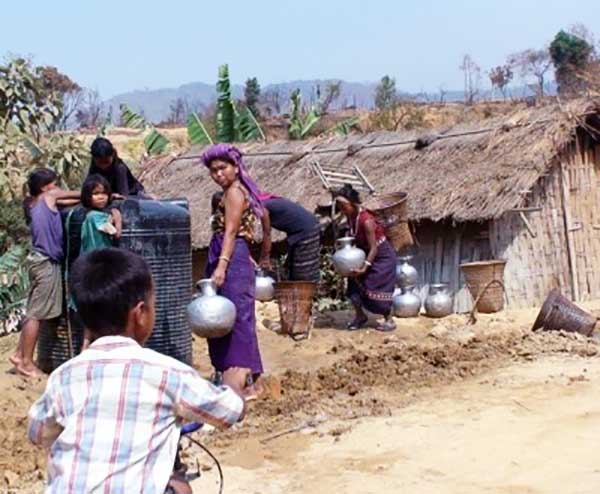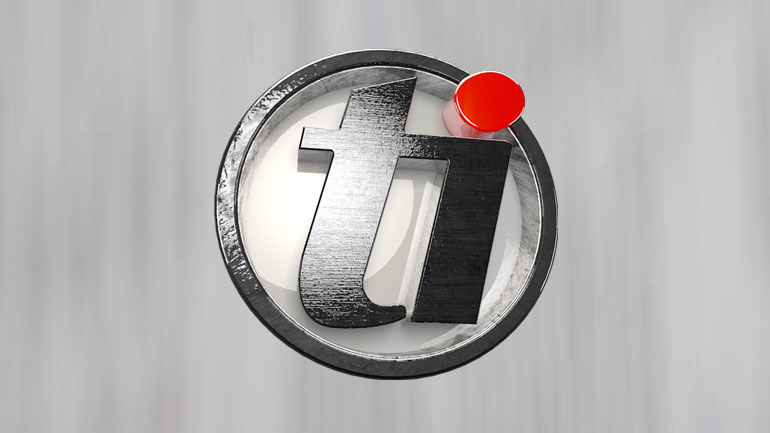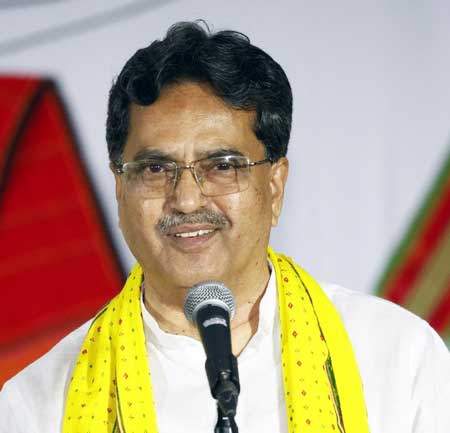Except for the June 1980 Mandai Massacre of Bengalis by tribals insurgents, which led to more than 1,000 people being killed, and occasional flare-ups of ethnic discord, Tripura has hardly witnessed major racial conflicts after the erstwhile princely state merged with the Indian Union over seven decades ago.
According to historians and anthropologists, since the passing of the royal dynasty, due to the generosity of the 184 tribal chieftains, the relations between the tribal and non-tribal communities have been cordial and this sociability is still being maintained.
However, due to a section of tribal leaders’ tribal-centric electoral politics, occasional misunderstanding and confusion triggered incidents involving the tribals and non-tribals.
In the past over five and a half decades, more than a dozen tribal-based parties in Tripura have tried to play a crucial role in the state's politics, but due to their issue-based politics sans any ideology, they became non-existent after their issues were resolved or when they raised irrelevant demands.
In June 1967, the Tripura Upajati Juba Samity (TUJS) was formed as the first major tribal party, raising some tribal-centric demands including creation of the tribal autonomous body.
The party first got four seats in the 1978 elections and in 1988, it was an ally of the Congress, with both parties in alliance governing the state for five years before the CPI-M-led Left Front government returned to power in 1993.
The tribal-based parties' various demands, including a separate state for the tribals, sometimes creates differences between the tribals and the non-tribals.
Tribals, some of whom are Christians and some Hindu, constitute one third of Tripura’s four million population.
Like other tribal parties on previous occasions, the Indigenous People's Front of Tripura (IPFT) and the Tipra Motha Party (TMP), highlighting the demands like a separate state for the tribals, secured electoral gains in the 2018 and 2023 Assembly polls respectively, but after the polls, moved on to other issues even as the basic issues of the tribals remained unfulfilled.
The 'Greater Tipraland State' or separate state demands of the IPFT and TMP caused a fear psychosis among the non-tribals, who are a majority outside the Tripura Tribal Areas Autonomous District Council (TTAADC) areas and a minority in the autonomous body areas, which cover over 68 per cent geographical area of the state.
The tribal and remote areas need more development and creation of important infrastructures including good roads.
The IPFT, an ally of the ruling BJP since 2018, raising the demand for a separate state, secured 8 seats and a 7.38 per cent vote share in the 2018 Assembly polls, but in 2023, managed only one seat and 1.26 per cent vote share as they diluted their demand, being highlighted since 2009.
Political pundits observed that both the IPFT and the TMP’s demands of separate state would never be fulfilled but such demand can attract the tribals giving electoral gain to these parties.
The TMP, led by former royal scion Pradyot Bikram Manikya Deb Barman, in its maiden electoral battle, fielded 42 candidates, including 20 on tribal reserved seats, in the 2023 polls and bagged 13 seats and 19.69 per cent votes.
After capturing the politically important TTAADC in April 2021, it has been demanding elevation of the areas of the autonomous body by granting a 'Greater Tipraland State' or a separate state status under Articles 2 and 3 of the Constitution.
The ruling BJP, CPI-M led Left parties, Congress and the Trinamool Congress have been strongly opposing the demands of both the IPFT and the TIPRA.
The two tribal-based parties in support of their demands organised agitations both in the state and in Delhi.
After the announcement of the results of the February 16 assembly polls on March 2, the TMP gradually shifted its stand about the 'Greater Tipraland State' demand.
Now, the TMP has been highlighting roman script for the tribal ‘Kokborok’ language and to conduct elections to the Village Councils (equivalent to gram panchayat) in the TTAADC areas.
TMP supremo Deb Barman said that the party would continue to fight for its core demand of 'Greater Tipra Land' for the tribals, who, according to him, are deprived of basic facilities in education, health and all other areas.
"Various elections including the Assembly polls are being held in Tripura, but the BJP government does not conduct the Village Council elections in the TTAADC areas.
"Non-holding of the Village Council election has severely affected the developmental and welfare works in TTAADC areas,” Deb Barman pointed out.
The elections to the Village Councils (equivalent to gram panchayat), originally scheduled to take place in March 2021, was also being delayed even after the clear directions by the Tripura High Court.
He cautioned that what happened in Manipur would not be allowed in Tripura and added that his party would also not be allowed to break the unity in the state in the name of language, dialect, script, and religion.
A two-day (Saturday-Sunday) plenary session of the TMP was held in the TTAADC headquarters at Khumulwng and Deb Barman relinquished the post of TMP Chairman and announced that, as a member of the party, he would continue to fight for the rights and welfare of the tribals.





India will identify, trace, punish every terrorist and their backers: PM Modi on Pahalgam attack
Prime Minister Narendra Modi on Thursday issued a powerful warning to the "enemies" of the nation, stating that India will "identify, trace, and punish" every terrorist and their supporters, pursuing them to the "ends of the Earth."
Massive crackdown on Maoists on Chhattisgarh-Telangana border, three killed
In a significant crackdown against Maoist insurgents, security forces in Chhattisgarh have launched a major operation in the Karregatta hills of Bijapur district. The operation has already resulted in the deaths of three Maoists, with their bodies recovered by the police.
K’taka CM pays final respects to Bharat Bhushan, says 175 Kannadigas brought back from Kashmir
Karnataka Chief Minister Siddaramaiah on Thursday visited the residence of 35-year-old Bharat Bhushan, in Mathikere, Bengaluru, who was shot dead in front of his family by terrorists in Pahalgam and paid his final respects.
India withholds Pakistan govt's official X account over Pahalgam terror attack
The official X handle of the Government of Pakistan has been withheld by India following the dastardly terror attack in Jammu and Kashmir's Pahalgam, which killed 26 people and injured several others.
Gujarat CM attends last rites of Pahalgam terror attack victims
Gujarat Chief Minister Bhupendra Patel on Thursday attended the last rites of a man and son duo who were killed in the terrorist attack in Kashmir's Pahalgam.
Terror attack victim Madhusudhan Rao's body reaches hometown in Andhra Pradesh
The mortal remains of Somishetty Madhusudhan Rao, one of the victims of Pahalgam terror attack, reached his hometown Kavali in Andhra Pradesh's Nellore district on Thursday.
AMC Presents ₹475.83 Cr Budget for FY 2025-26
The Agartala Municipal Corporation (AMC) on Wednesday unveiled its budget for the fiscal year 2025-26, pegged at ₹475.83 crore, with an estimated expenditure of ₹476.50 crore — resulting in a projected deficit of ₹72.02 lakh.
Minister Sushanta Chowdhury encourages rural youths for livestock rearing to become self-reliant
The state transport and tourism minister Sushanta Chowdhury on Wednesday inaugurated a day long block level livestock fair here at Jirania subdivision in West Tripura district and said that the farmers in Tripura are becoming self-reliant through livestock rearing besides agricultural production.